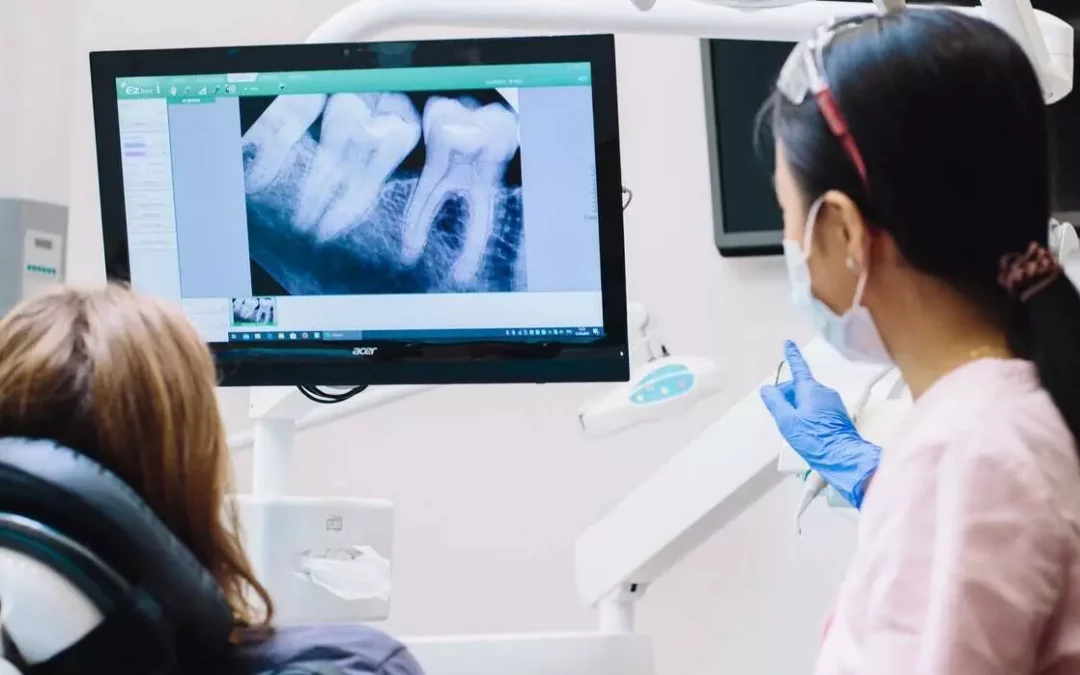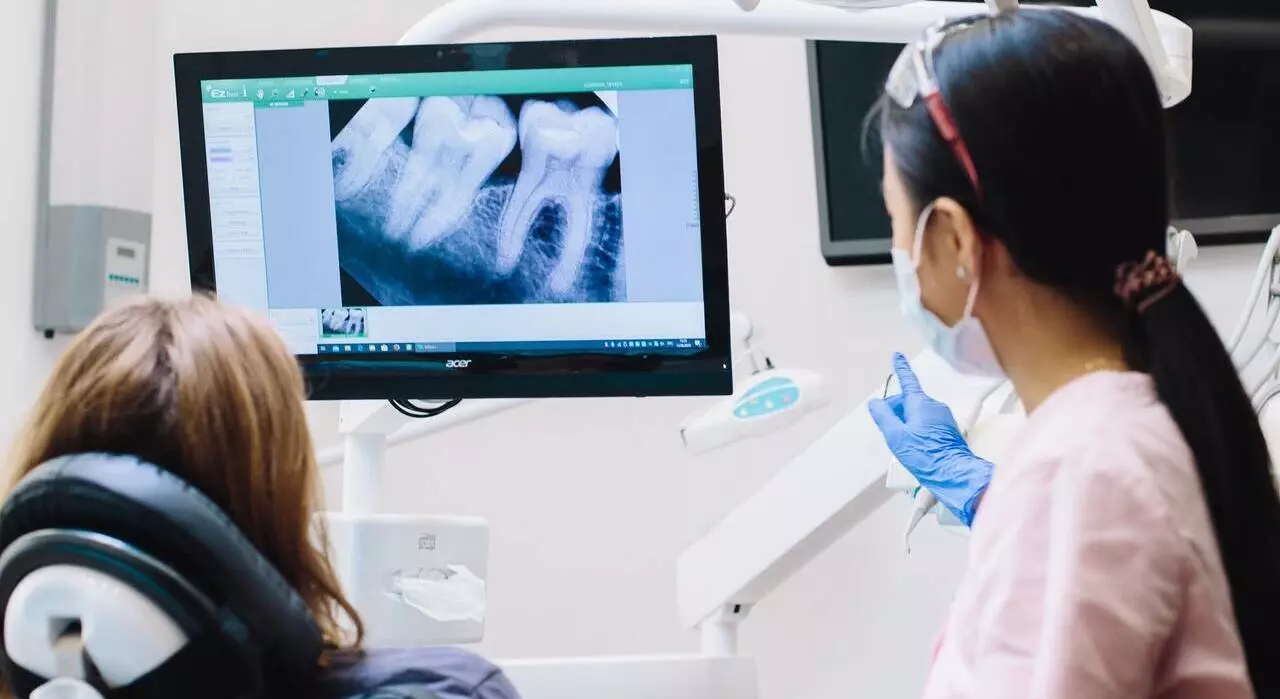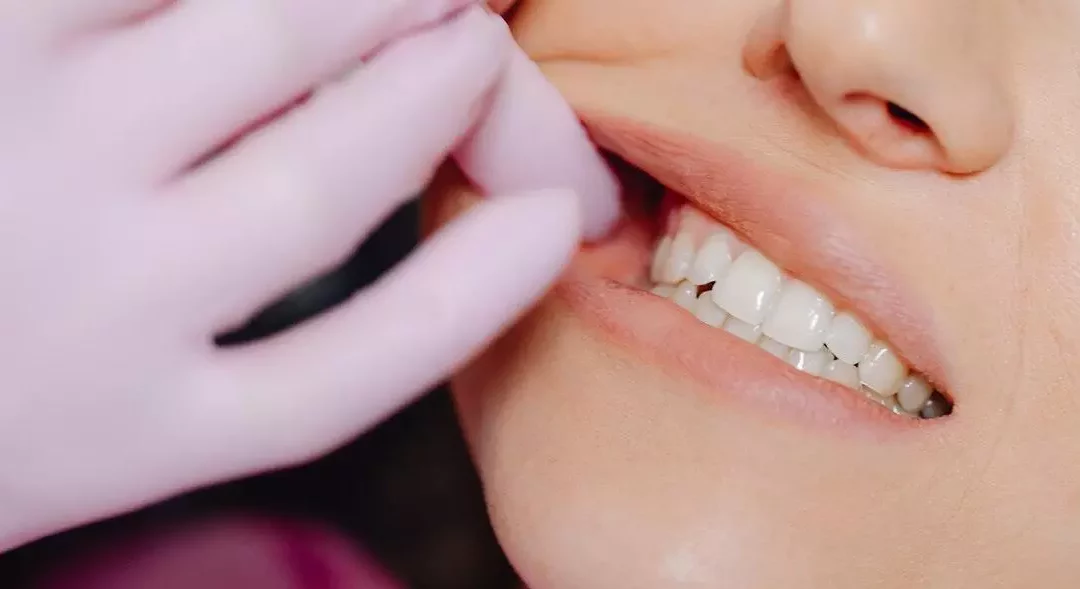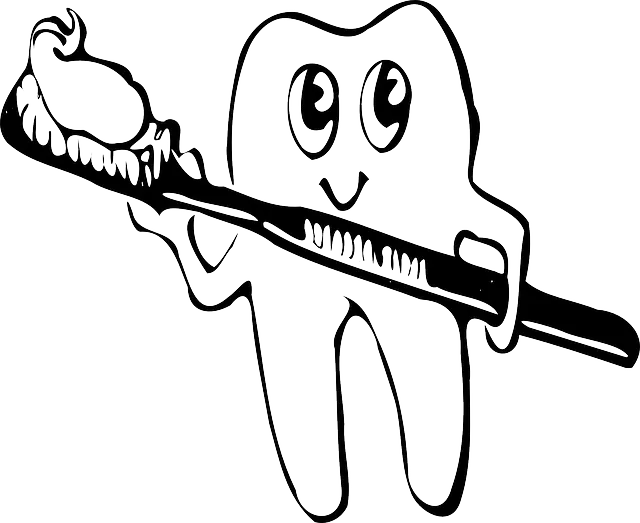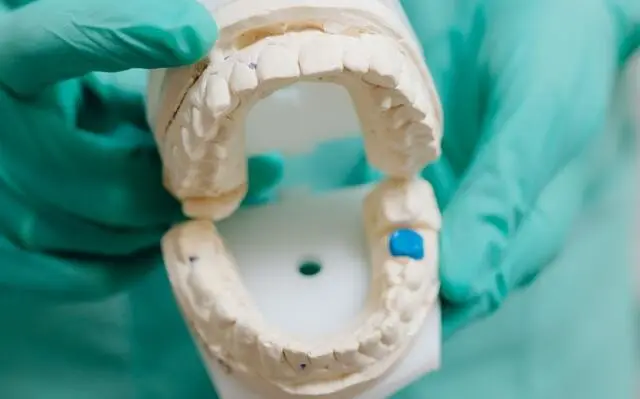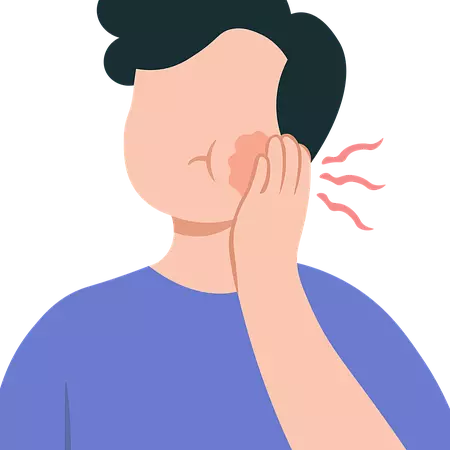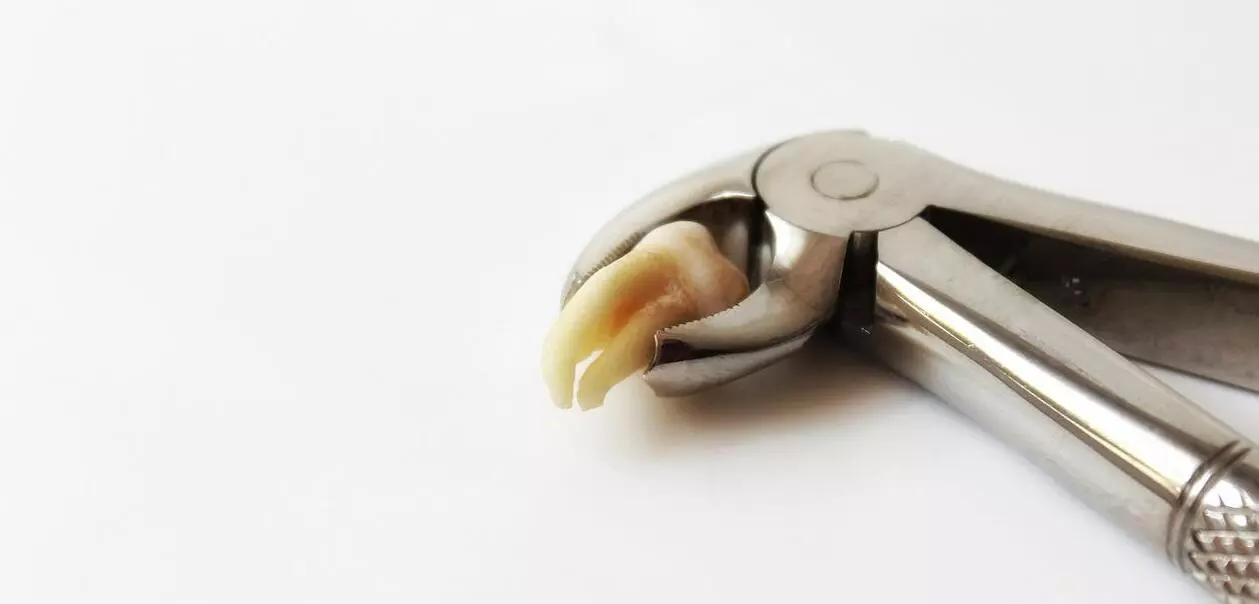
Vegetarian Options at Burger King for Foodies
Being a vegetarian can be an everyday struggle, especially if you are new to it. Maintaining a healthy diet and caring for the environment yet satisfying your taste buds is never easy. It can be hard to hang out with your “meat-lover” friends and family when they choose a place that offers no or few plant-based cuisines. You cannot even say no because of courtesy or the time you enjoy with them.
We understand you would not want to miss the parties and get together, but you cannot starve yourself, right?
Next time you want to meet up with your “meaty” friends or do not want to skip dinner with your not-so-vegan family, try the vegetarian options at Burger King.
Burger King- A Vegetarian’s First Love
You might have meat “withdrawal” symptoms if you are a new vegetarian. Or, Even if you are a born vegan, your taste buds may often want something tastier than salads and tofu.
Burger King added some incredible vegan-friendly options on the menu back in 2020, but that was just a temporary thing. The vegan options at Burger King were not that good, or the food giant did not want to continue- they stopped making vegan foods.
However, following the dramatic events of the Covid-19 pandemic in 2020, people have become more cautious of what they eat. They want to eat healthily and stay healthy, so going all vegan is one of the options.
As many searched for healthy options at Burger King, the food giant has brought back even better food choices for vegans.
So, let us check out the vegetarian options at Burger King that you will instantly fall in love with.
Vegan Breakfast Options at Burger King
Breakfast is the most crucial food of the day, so we have heard. With a nutrient-filled start in the morning, you can anticipate a good day and mood.
However, if you do not have time to cook your breakfast or do not know how to, get yourself something from the Burger King vegetarian options for breakfast.
You may ask, why?
Well, they are incredibly healthy and vegan. These low-calorie and sodium options keep health problems like cholesterol, obesity, and heart diseases at bay.

Small Hash Browns
One of the most loved yet simple vegetarian options at Burger King is their mouthwatering Hash browns.
With only 287 calories and 0 grams of cholesterol, these nugget-shaped potatoes are fried in oil and are an excellent source of fiber. With only 2 grams of protein and 28 grams of carbs, hash browns might not keep your tummy full and cravings satisfied for long. Therefore, it is best to pair it up with another healthy breakfast option at Burger King.
However, it would help if you controlled your portion while eating hash browns, as they are high in sodium- 811 mg.

French Toast Sticks
Another vegan option at breakfast makes it to the list of nutritious and healthy food options.
It is advisable to order three or five French toast sticks with a vegan-friendly breakfast syrup. This toasty breakfast is free of eggs, milk, and butter- everything you would want to avoid as a vegan.
This breakfast order contains 350 calories, 3.7 grams of protein, zero cholesterol, and only 317 milli grams of sodium. Therefore, it does not mess with your balanced diet routine.
The only thing you need to watch with these sticks is the amount of added sugar, as an order for 3 sticks contain approximately 25 grams of sugar.
Some other vegan options at Burger King for breakfast include:
- Oatmeal cooked with water, and a topping of maple syrup
- Orange Juice
- Iced coffee; black, with no cream or milk
- Hot filtered black coffee
Vegan Snack, Lunch & Dinner Options at Burger King
When you crave a decadent meal during your office break or want to get some veganly delicious food on a Saturday night, try these vegetarian options at Burger King.

Impossible Whopper
This vegan patty called the Impossible Whopper is entirely plant-based and popular among Burger King’s vegetarian options.
The best part is that the patty tastes like meat containing heme iron from a fermented yeast extract. Moreover, it contains soy, potato protein, sunflower, and coconut oils to make this impossible whopper possibly nutrient rich.
With only 652 calories and 62 grams of carbs, this Impossible Whopper is high in protein, fiber, and sodium. To make it extra healthy, it is topped with lettuce, onions, tomatoes, pickles, ketchup, and mayo.
Mayo adds cholesterol to the Whopper. If you want your meal to be entirely cholesterol-free, skip the mayo.
Also, this vegan option at Burger King is high in sodium- 1400 grams, so it should not be on your everyday food list because high sodium intake makes your body easy prey to heart problems.

Classic Fries
Who does not love fries? Especially if they are healthy and vegan.
With only 406 calories per serving and zero cholesterol, the classic fries at Burger King is every foodie’s dream come true. Fried to a crisp golden texture in vegetable oil, with a vegan dip, mustard, or ketchup makes it one of the most ordered vegetarian options at Burger King.
However, classic fries are not the main course option. To eat a balanced meal, better pair it up with any other Burger King vegan option.

Onion Rings
The crispy golden onions rings with the impossible whopper can make a perfect meal for your small appetite from the vegan options at Burger King.
The rings contain 280 calories, 3.5 grams of protein, and only 507 mg of sodium. It can be a great sideline, snack, or even lunch if you do not have a big appetite. With no side cheesy dips, the onion rigns have zero cholesterol.
Some other vegan meal options include:
- Mott’s applesauce (more of a sideline)
- The Impossible King with no cheese
Some vegan-friendly dips and sauces at Burger King to make your food more interesting:
- BBQ sauce
- Italian salad dressing
- Applesauce
- Sweet and sour sauce
Vegan Beverages at Burger King
Well, it may sound odd to have a vegan drink. However, you must be mindful of your beverages on a meat-free, dairy-free diet.
Some options for vegan-friendly beverages at Burger King are:
- Hot and filtered black coffees
- Iced black coffee
- Orange juice
- Diet sodas
- Water
Although Burger King seems to have limited vegan options, they are incredibly healthy and mindful of their customers’ eating habits. As more people are bandwagoning the “veganism” trend, we may expect Burger King and other food chains to expand their vegan menu soon.
Go Vegan, Or Go Home!
The vegan options at Burger King encourage a healthy and plant-based lifestyle. Start your day with the French toast sticks or hash browns in the morning and get yourself an Impossible Whopper in the evening- a perfectly balanced meal. If you have a big appetite, go for the green salad or a side of fries- just mid your calories and sodium intake.
The vegetarian options at Burger King- your favorite food giant- bring health, happiness, and taste to your plant-based diets.




